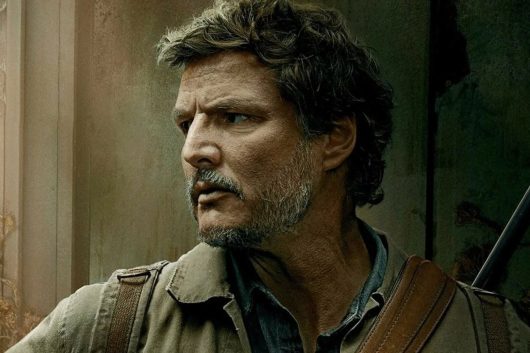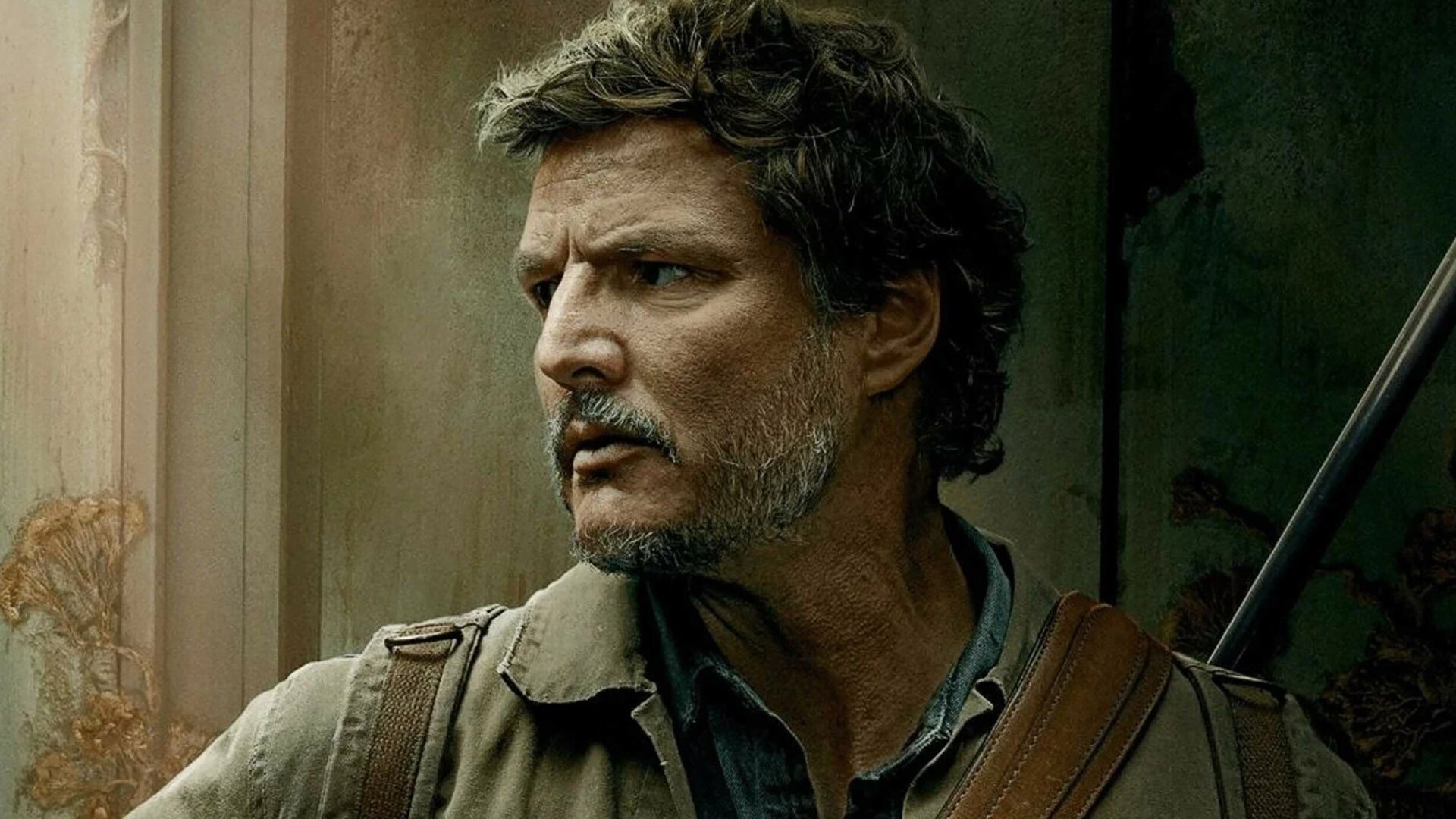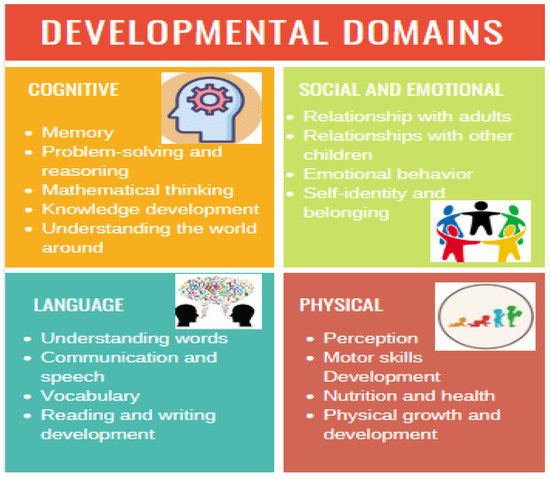


# TV Shows and Gaming: An Increasingly Interconnected Landscape
For many years, television and video games occupied distinct entertainment domains, seldom intersecting in substantial ways. Nevertheless, the past ten years have brought a noteworthy transformation, with both sectors becoming more intertwined to forge new entertainment forms that captivate diverse audiences. While initial efforts to combine these two realms often yielded disappointing or bizarre outcomes, recent achievements have revealed the potential for TV shows and video games to enhance each other in thrilling and creative manners.
## Gaming & TV Shows – Early Developments
The connection between video games and television has changed markedly since the formative years of gaming in the mid-1990s. During this time, both fields were experiencing significant shifts: television was entering a golden era with groundbreaking programs such as *The Sopranos*, while home video consoles were becoming a central aspect of entertainment with the rise of systems like the Super Nintendo and Sega Genesis. Despite the increasing popularity of both formats, few genuine attempts were made to integrate them meaningfully.
That isn’t to imply there weren’t initiatives aimed at leveraging the success of hit TV shows by generating video game adaptations. However, numerous early endeavors were hastily assembled cash grabs that failed to capture the true spirit of the shows they were based on. For instance, *The Sopranos: Road to Respect* was a video game adaptation of the esteemed HBO series, but it received widespread criticism for its subpar gameplay and lack of depth. In the same vein, many other TV-to-game adaptations from this period were lambasted for their superficiality and lack of creativity.
A notable exception to this pattern was *The Simpsons*. This long-standing animated series not only became a cultural touchstone but also managed to produce several video games that garnered positive receptions from fans and critics alike. Games such as *The Simpsons: Hit & Run* and *The Simpsons: Road Rage* achieved cult status, providing players with a delightful and immersive way to discover the world of Springfield. These titles showcased that, with the appropriate approach, TV shows could effectively transition into the realm of gaming.
## Reversing the Concept: Games to TV
As the 21st century unfolded, the interaction between TV shows and video games began to evolve in an innovative direction. Instead of merely transforming TV shows into video game formats, creators started to consider converting popular video games into TV shows and films. This reversal of the original concept has proven to be a major shift for both sectors.
One of the standout instances of this trend is *The Last of Us*, a critically acclaimed video game crafted by Naughty Dog that was transformed into a highly successful TV series by HBO. The initial season of the show received widespread acclaim for its faithful rendition of the game’s narrative and characters, alongside its impressive production quality and emotional resonance. The triumph of *The Last of Us* has established a new benchmark for video game adaptations, demonstrating that games can serve as a rich source of content for television.
Another significant success in this arena is the *Super Mario Bros.* film, which became a box office triumph, exceeding $1 billion in earnings. Although video game movies have historically varied in quality, the success of *Super Mario Bros.* illustrates that, when executed properly, video game adaptations can resonate with both gamers and mainstream audiences.
This transition from TV-to-game adaptations to game-to-TV adaptations has unveiled new avenues for exploration in both industries. With the successes of *The Last of Us* and *Super Mario Bros.*, it’s evident that there is an increasing demand for high-quality adaptations of cherished video game franchises.
## The Horizon of TV and Gaming Collaborations
As with any thriving trend in entertainment, the success of a handful of key titles often fuels a surge of new projects attempting to mirror that triumph. In the realm of TV and gaming collaborations, this trend shows no indications of waning. Streaming services like Netflix have already begun to explore new strategies to capitalize on the fervor surrounding video games, with projects like *Resident Evil* (2022) and forthcoming adaptations of *Minecraft* and *Splinter Cell* in progress.
The potential for future collaborations is immense, with numerous iconic video game franchises waiting for adaptation. Titles such as *The Legend of Zelda*, *God of War*, and *Mass Effect* possess rich narratives and expansive lore that would translate excellently to television or film. Concurrently, there remains ample opportunity for TV shows to inspire fresh video game experiences, especially as gaming technology continues to advance, offering new avenues for engaging interactive storytelling.
That said, there is also the possibility of oversaturation. As more and more TV shows and video games strive to encroach upon each other’s domains, there exists the risk of an influx of mediocre or uninspired projects that fail to encapsulate the magic of their source material. The key to achieving success in this space will be to prioritize quality over quantity, making certain that each project receives the necessary time and resources to thrive.
No Comments
To comment you need to be logged in!